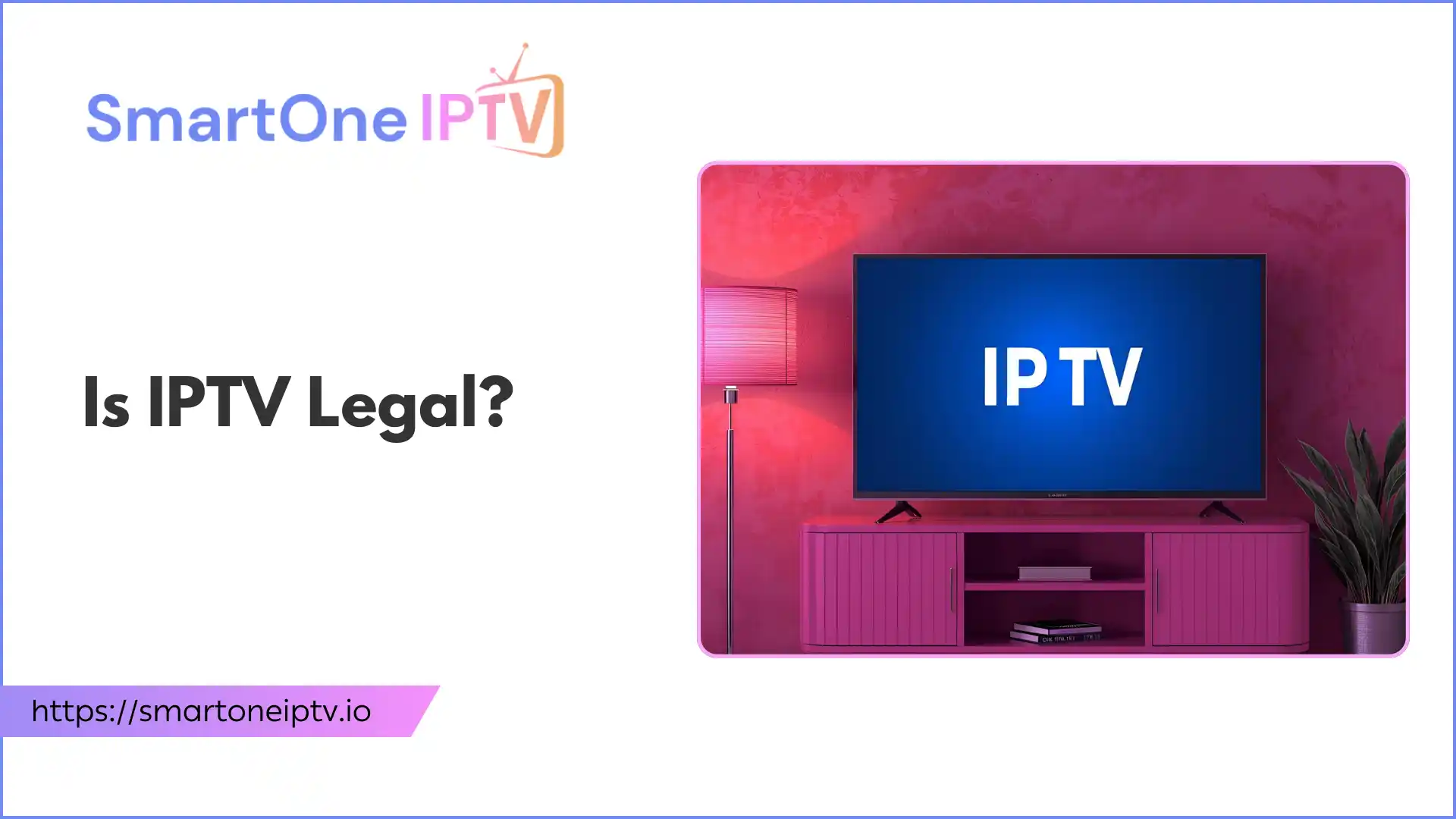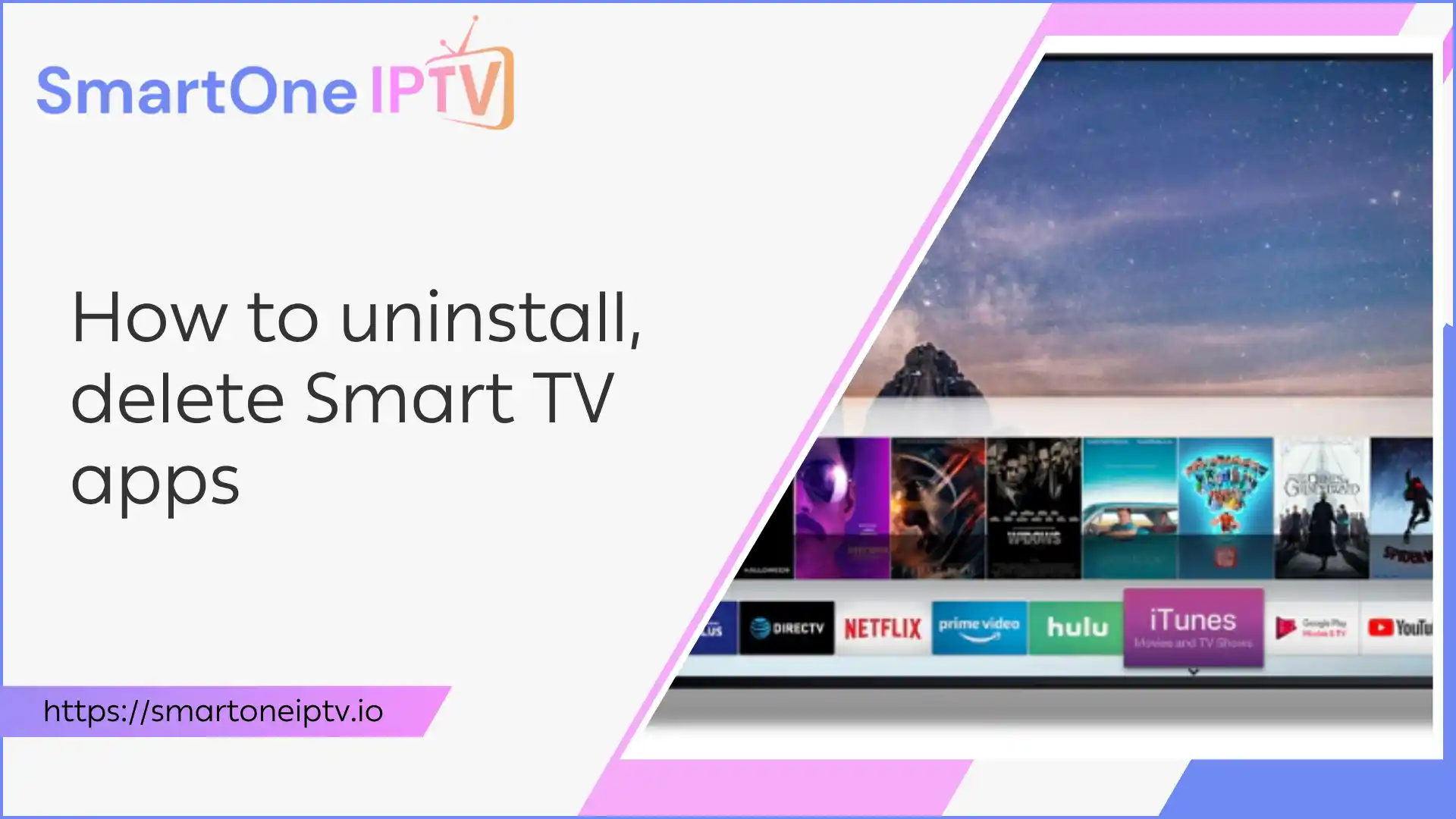You’ve heard about IPTV and its promise of cheaper access to thousands of channels and on-demand content. But there’s a nagging concern keeping you awake at night. Every day, headlines flash across news sites about people getting sued for streaming copyrighted content illegally. Internet service providers send threatening letters. Law enforcement raids illegal streaming operations. The question burns: could you be next? Understanding IPTV legality isn’t rocket science, but it requires knowing the right information. This comprehensive guide cuts through the confusion to help you navigate IPTV law safely and make informed streaming choices that protect you legally.
Understanding IPTV: How It Works and Why Legality Is a Concern
What is IPTV?
IPTV stands for Internet Protocol Television. Instead of using traditional cable or satellite, IPTV delivers TV content over the internet. You can watch live TV, on-demand shows, and movies on smart TVs, computers, or mobile devices.
How Does IPTV Work?
- Content is encoded and sent over the internet.
- Users access it through apps or set-top boxes.
- Some services offer live channels, while others focus on on-demand content.
Why Is Legality a Concern?
The main issue is copyright. Legal IPTV providers have licenses to stream content. Illegal ones do not. Using unlicensed services can lead to legal trouble for both providers and users.
According to the European Union Intellectual Property Office (EUIPO), online copyright infringement is a growing problem, with IPTV piracy accounting for a significant share of illegal streaming worldwide.
The Legal Framework: Copyright, Licensing, and Enforcement
Copyright law forms the foundation of IPTV legality worldwide. Three key legal pillars govern this landscape:
International Copyright Treaties
The World Intellectual Property Organization (WIPO) Copyright Treaty establishes global standards for digital content protection This treaty requires member countries to provide legal protections against circumventing technical measures that protect copyrighted works.
National Copyright Laws
Individual countries implement these international standards through domestic legislation:
- United States: The Digital Millennium Copyright Act (DMCA) provides the legal framework
- European Union: Copyright Directive and related regulations
- United Kingdom: Copyright, Designs and Patents Act
- Canada: Copyright Modernization Act
Content Licensing Requirements
Legal IPTV services must obtain proper licensing agreements from content owners. These agreements specify:
- Geographic distribution rights
- Duration of licensing periods
- Permitted uses and restrictions
- Revenue sharing arrangements
Is IPTV Legal? Differentiating Between Legal and Illegal Services
The answer to “is iptv legal” depends entirely on the source and whether it has proper licensing agreements for the content it distributes.
Legal IPTV Services:
- Have contracts with content owners (TV networks, studios, sports leagues).
- Pay licensing fees.
- Examples: Netflix, Hulu, Amazon Prime Video, and some specialized IPTV providers.
Illegal IPTV Services:
- Stream content without permission.
- Often offer hundreds of channels for a suspiciously low price.
- May hide their location or use fake company names.
How to Tell the Difference:
- Legal services are transparent about their licensing.
- Illegal services often avoid mentioning licensing or use vague language.
IPTV Legal: Understanding the Risks for Users and Providers
Using illegal IPTV services is risky for everyone involved.
Risks for Users:
- Legal Consequences: Fines or lawsuits if caught streaming pirated content.
- Security Threats: Many illegal IPTV apps contain malware or steal personal data.
- Poor Quality: Unreliable streams, frequent outages, and no customer support.
- Privacy Issues: Your viewing habits and payment info may be exposed.
Risks for Providers:
- Criminal Charges: Authorities have prosecuted illegal IPTV operators worldwide.
- Asset Seizure: Equipment and profits can be confiscated.
- Civil Lawsuits: Content owners can sue for damages.
IPTV Is It Legal? Common Misconceptions and Clarifications
Many people believe all IPTV is illegal, or that using a VPN makes illegal streaming safe. These are myths.
Common Misconceptions:
- “All IPTV is illegal.”
False. Many IPTV services are fully licensed and legal. - “If I pay for it, it must be legal.”
Not true. Some illegal services charge fees but have no licenses. - “A VPN makes illegal IPTV safe.”
Wrong. A VPN may hide your activity, but it doesn’t make illegal streaming lawful.
Clarifications:
- Always check for clear licensing information.
- Look for reviews from reputable sources.
- When in doubt, contact the provider and ask about their licenses.
Identifying Legal IPTV Providers: What to Look For
Finding legal IPTV providers is possible if you know what to check.
Checklist for Legal IPTV Providers:
- Licensing: Clear information about content licenses.
- Transparent Pricing: No “too good to be true” deals.
- Professional Website: Contact info, customer support, and privacy policy.
- Payment Methods: Standard options (credit card, PayPal).
- Trial Periods: Many legal providers offer free trials.
- Reputation: Positive reviews from trusted tech sites.
Examples of Legal IPTV Providers:
Troubleshooting: What to Do if You Suspect Illegal Activity
If you think an IPTV service is illegal, take these steps:
- Stop Using the Service: Protect yourself from legal and security risks.
- Check for Licensing: Contact the provider or look for licensing info.
- Report Suspected Piracy:
- In the U.S., use the National Intellectual Property Rights Coordination Center.
- In the EU, contact local copyright authorities.
- Warn Others: Share your findings with friends and online communities.
Benefits of Legal IPTV: Quality, Security, and Peace of Mind
Choosing legal IPTV services offers real advantages:
- High-Quality Streams: Reliable, HD content with minimal buffering.
- Security: No risk of malware or data theft.
- Customer Support: Help is available if you have issues.
- Peace of Mind: No fear of legal trouble or sudden service shutdowns.
- Supporting Creators: Your subscription helps fund new shows and movies.
According to Statista, the global market for legal streaming services continues to grow, with millions of users choosing safe, licensed options.
Making Informed Choices in the IPTV Landscape
The streaming landscape continues evolving rapidly, with new legal options emerging regularly. Future trends suggest increased focus on personalized content, improved streaming quality, and more competitive pricing from legitimate providers .
Key Takeaways for Consumers
Research Before Subscribing
- Verify licensing and legal status of any IPTV service
- Read reviews from reputable technology publications
- Check for clear terms of service and privacy policies
Prioritize Value Over Price
- Consider the total cost of ownership including security risks
- Factor in content quality, reliability, and customer support
- Remember that legitimate licensing costs are reflected in pricing
Stay Informed About Legal Developments
- Copyright laws and enforcement continue evolving
- New legal streaming options launch regularly
- Penalties for illegal streaming may increase over time
Recommendations for Safe Streaming
- Stick to well-known, established streaming services
- Read terms of service and understand geographic restrictions
- Use official apps and websites rather than third-party alternatives
- Be skeptical of deals that seem too good to be true
- Report suspicious or obviously illegal services to appropriate authorities
The IPTV landscape offers numerous legal options for accessing entertainment content. By understanding the legal framework, recognizing legitimate providers, and making informed choices, you can enjoy streaming content safely while supporting the creators and industries that produce the entertainment you love.
Legal IPTV services continue improving their offerings while maintaining compliance with copyright laws. The investment in legitimate services ultimately provides better value through superior quality, security, and peace of mind that comes with legal compliance.






